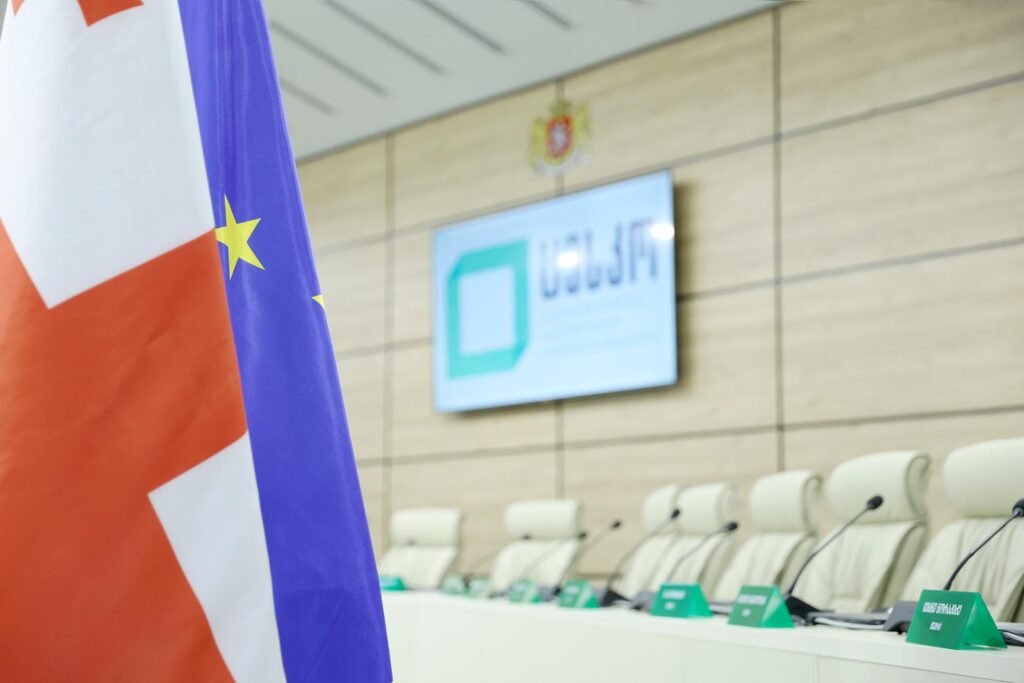CEC accuses ISFED of undermining election administration’s reputation with false claims
The Central Election Commission (CEC) of Georgia has strongly rejected claims made by the International Society for Fair Elections and Democracy (ISFED) regarding so-called fake and suspicious social media pages allegedly promoting the election administration. The CEC insists that it has no involvement with these pages and has never engaged in such practices.
“Yesterday, the so-called study of the ISFED circulated across social networks and media on fake or suspicious social media pages allegedly campaigning in favor of the election administration. Disregarding the “magnitude” of this so-called study—which identifies only 7 fake and 15 suspicious pages—its release at a time when the critical process of reviewing election disputes was underway at the election administration raises questions about the organization’s true intent. This timing strongly suggests an interest in undermining the reputation of the election administration by any means possible. In this instance as well, interested parties have used this report to imply that the election administration was responsible for it all.
The election administration of Georgia unequivocally declares that it has no connection to the so-called fake and suspicious pages, has never engaged in such practices, and will not consider them in its future activities.
In the interest of fairness, it would be appropriate for the organization to also highlight in the report the clear, documented cases of organized attacks by fake and suspicious pages targeting the election administration—especially those that began in 2020 following the announcement of their miscalculated parallel vote count results.
Instead of publishing the results of the incorrectly conducted parallel vote count in 2020, the organization “ISFED” should have released the results of the parallel vote count for 2024, which would have definitively confirmed the accuracy of the October 26 election results. It seems that, to this day, they are trying to continue to sow misconceptions in society and thereby justify their actions or inactions.
Moreover, it becomes evident why this organization chose not to sign the code of conduct established between the CEC and local observer organizations for the first time in recent years—particularly as they were previously both a participant and an initiator in the code’s development.
It is essential for the election administration to conduct impartial and objective monitoring in line with international best practices to uphold election integrity. Therefore, we urge Fair Elections to adhere to the standard of responsible observation and to act in accordance with high ethical principles,” the CEC stated.

